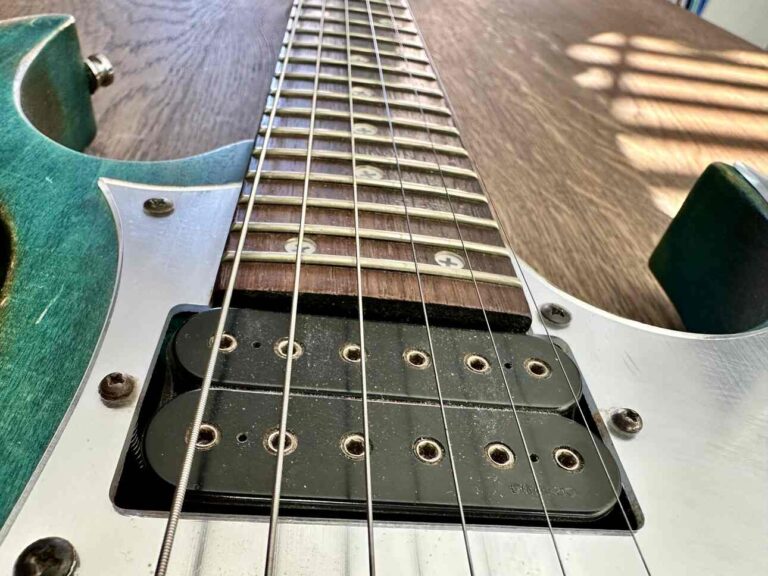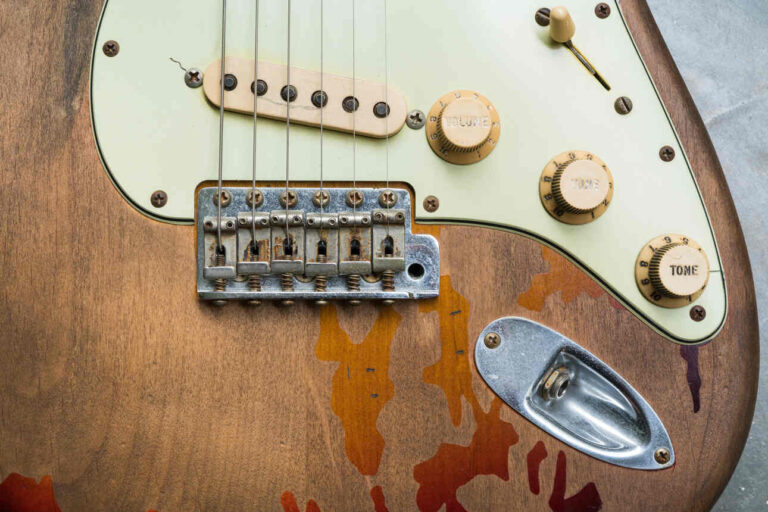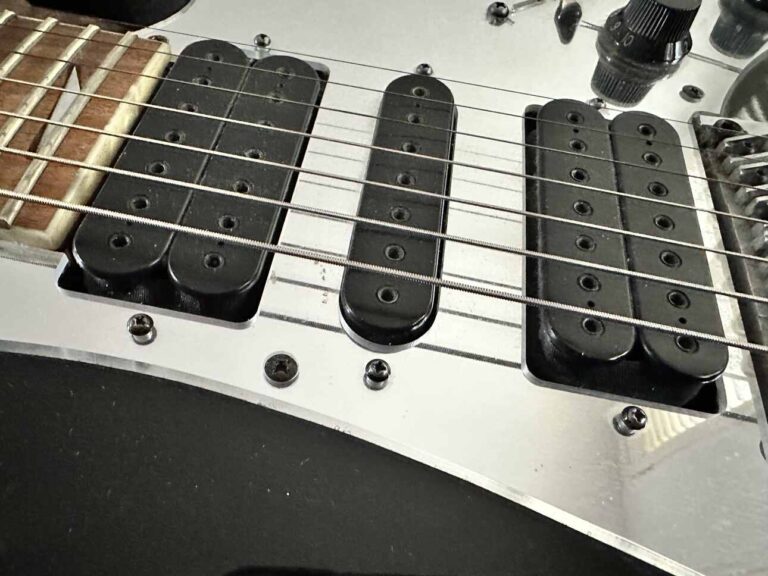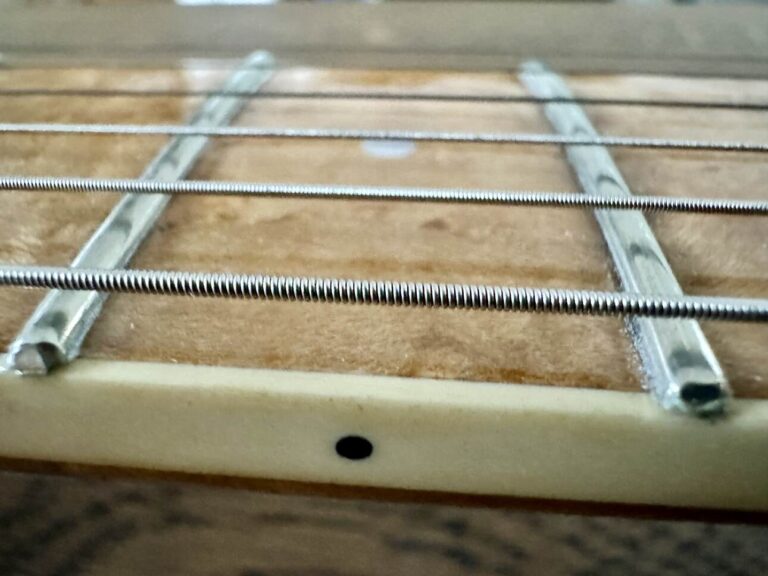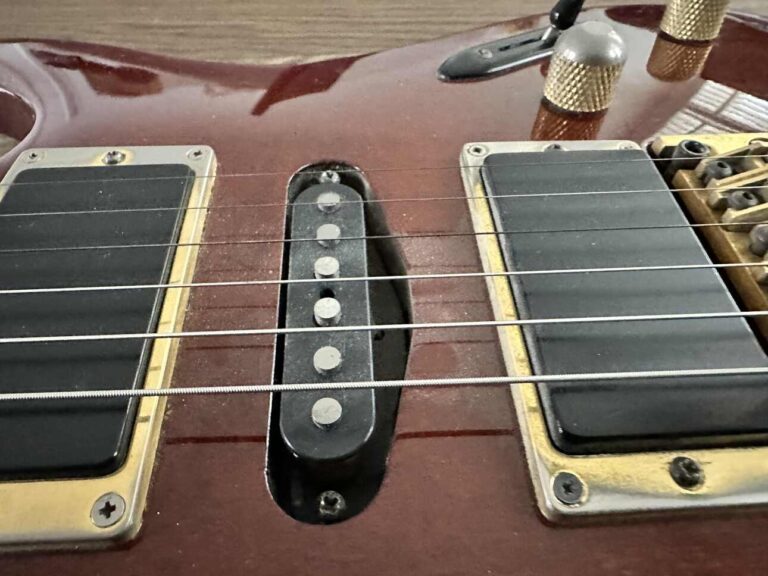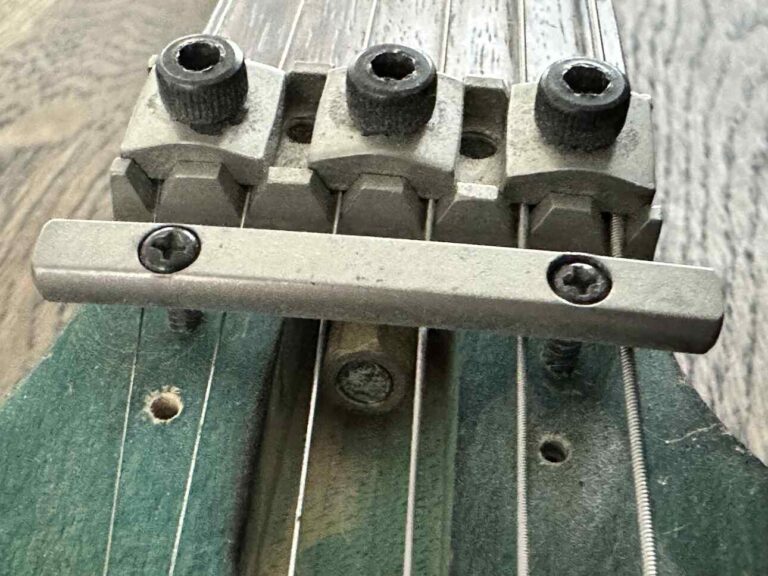Do Guitar Pickups Sound Better with Age? Debunking the Myth
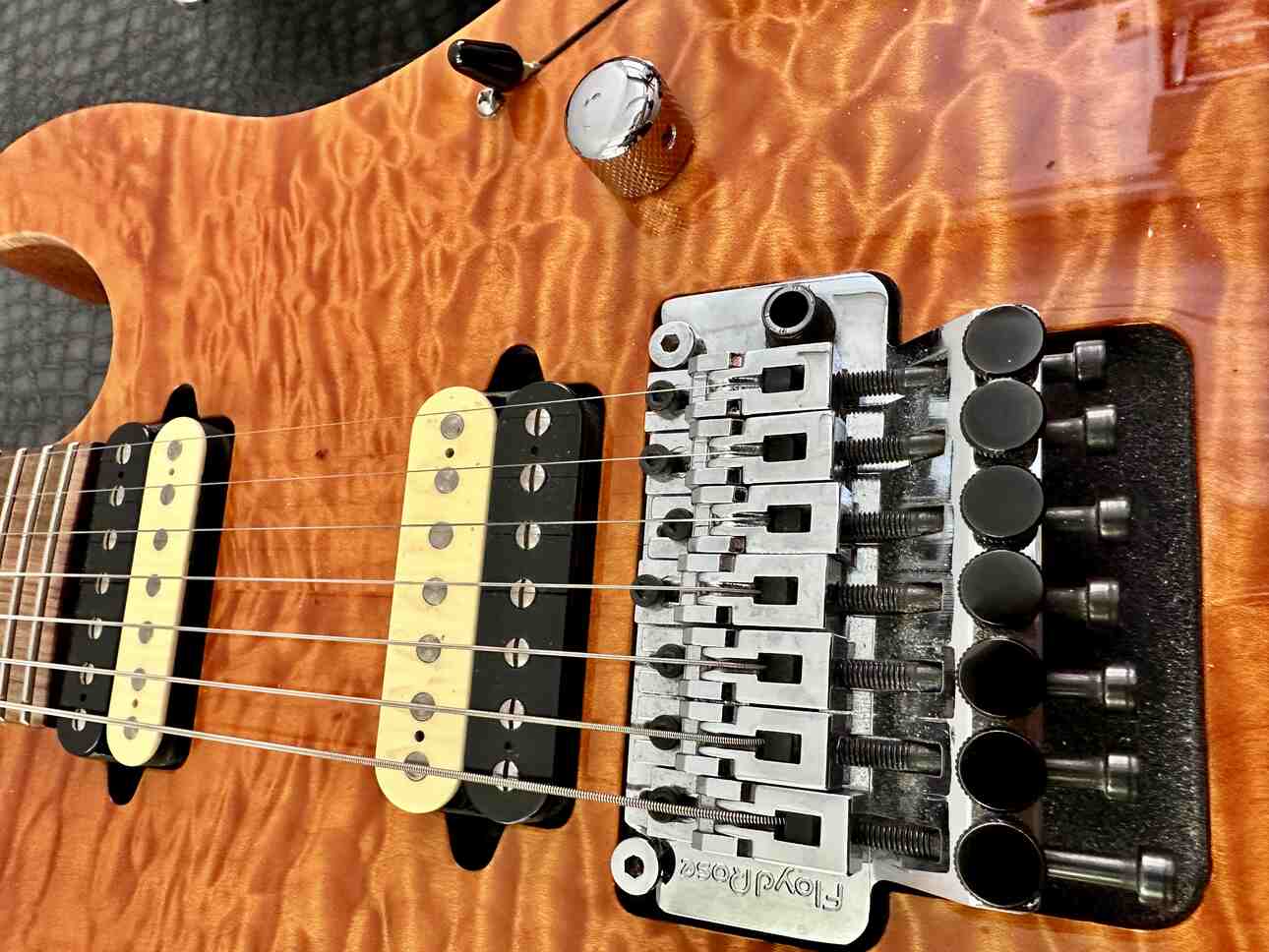
Do guitar pickups sound better as they age, you ask? The answer is unsatisfactory: it depends. Some people believe pickups, like other guitar parts, might sound better over time. Others think that how good a guitar sounds is more about how well it’s made, what it’s made of, and how it’s looked after.
Pickups are important for a guitar’s sound. They can change the sound a lot because of what they are made of, how they are designed, and how they are built.
Taking good care of your guitar can make it last a long time and keep sounding good.
Also, what sounds good is different for everyone. One guy might love how a guitar sounds, while others might not, especially because of the various guitar sounds.
Let’s dive into this discussion to learn more about pickups and their sound when they age!
Key Takeaways
- Pickups are essential to a guitar’s tone. Materials, build, and design play a role;
- Take care of your guitar to keep it sounding good and to ensure its long-term durability;
- Sound quality is personal, with each player having their preferred guitar tones.
Subjective Nature of Sound Quality
Personal Preferences and Bias
Remember, sound is subjective. One player thinks the perfect warm tone might sound too muffled to you. In the same way, the bright sound of a new pickup might be too harsh for someone else.
If you’ve played different guitars, you’ll notice they each have their own sound. This leads players to prefer certain tones and sometimes to think of some as “better” than others.
The brand and model of a guitar, along with its pickups, can influence our perception of sound quality.
Fender and Gibson are brands that have built their reputations over a long period. Their instruments have a unique and distinctive sound.
This legacy can affect how people view their instruments. Both vintage and newer models have a certain prestige.
Additionally, certain pickups have gained popularity for their specific sound characteristics. Take the Fender Single-Coil pickups or the humbuckers in a Gibson Les Paul.
These pickups are often believed to get better with age. But this opinion may be influenced by personal taste and bias.
In the discussion about whether guitar pickups improve with age, there are different opinions:
Aging Pickup Advocates: Think that vintage pickups sound unique, and new ones can’t entirely copy that sound.
They believe that old pickups have a unique sound because of how they were made, which new pickups can’t exactly copy.
Modern Pickup Supporters: Because of better design and technology, new pickups can sound as good as or even better than old ones.
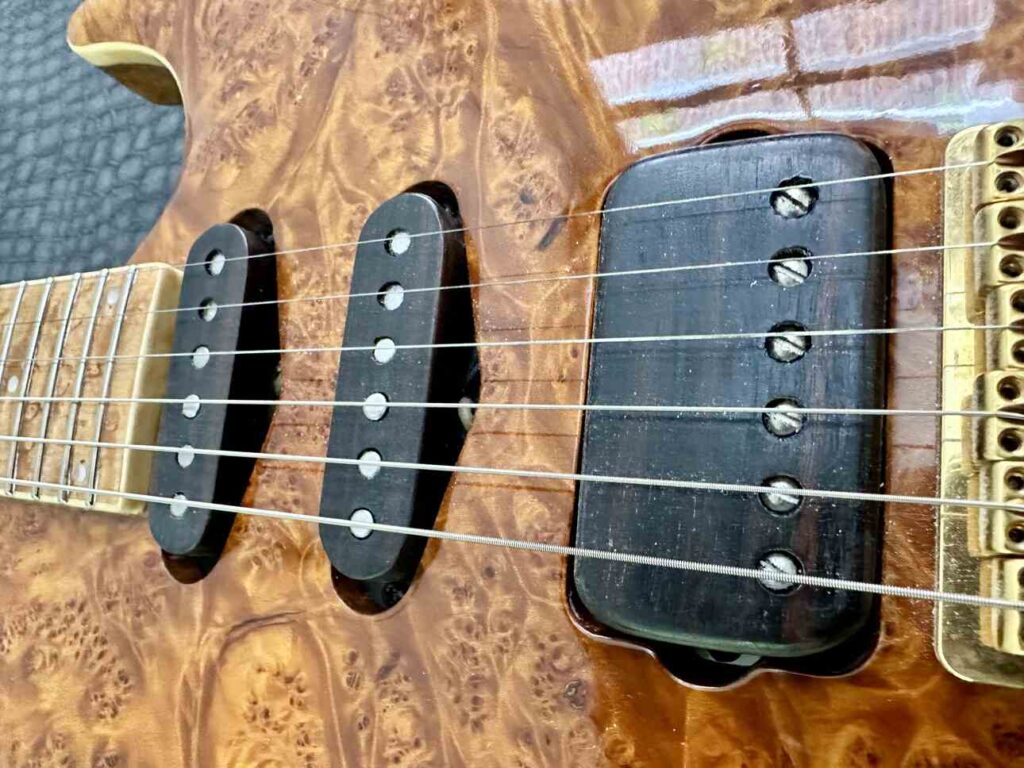
Understanding Guitar Pickups
Types of Guitar Pickups
Guitar pickups mainly come in two types: single-coil and humbucker. Single-coil pickups usually have a bright and crisp sound. Humbucker pickups have a deeper and fuller sound.
Fender electric guitars often have single-coil pickups. Humbuckers are common in music styles that need a powerful sound, like rock and metal.
But the sound of your guitar’s pickups can change based on several factors. Like their design, what they’re made of, and how they’re put together.
While pickups can lose some of their magnetic power over time, this usually doesn’t affect the sound
The Function of Pickups in Sound Production
Pickups are essential for the sound of your electric guitar. Simply because they turn the vibrations from the strings into electrical signals. These are then sent to your amp.
The amplifier makes the signal louder, and then sends it to the speakers. The type of pickup, its position on the guitar, and the materials it’s made of all have a big effect on the guitar’s sound.
A single-coil pickup near the bridge will produce a bright and sharp sound. But a humbucker pickup near the neck will give you a warm and full sound.
Experimenting with different pickups can help you find new sounds.
Material and Design Evolution Over Time
Over the years, the materials and designs used for guitar pickups have changed a lot. Early pickups were made with alnico, a mix of aluminum, nickel, and cobalt.
Many new pickups use stronger ceramic magnets or rare earth materials. They can create a louder and more powerful sound.
The way the coil wire is wound around the pickup’s magnet is also important for the sound. Usually, if there are more windings, the pickup has a higher output and a softer tone. Fewer windings tend to give a clearer, sharper sound.
Some players like the sound of pickups that are wound by hand. But pickups wound by machines are more consistent and reliable.
Electrical Component Degradation
Electrical parts like the pickups can wear out as your guitar ages, changing the sound. This wearing down can show up as rust on metal parts, weaker magnets, or bad soldering connections.
The extent to which these things affect the sound can vary between guitars. Check and care for your guitar’s electrical parts to make sure that they keep sounding good.
The Myth vs. Reality of Aging Pickups
There’s no clear agreement on whether older pickups produce a better sound. This topic is full of myths and personal opinions.
Myth: Some players believe that as pickups get older and lose some of their magnetic strength, they create a warmer and softer sound.
Reality: While pickups can lose some of their magnetic power over time, this usually doesn’t affect the sound.
An acoustic study shows that many things affect an electric guitar’s sound and how it might change as it gets older. This includes the type of wood, how the guitar is made, where the pickups are placed, and the features of the electronics.
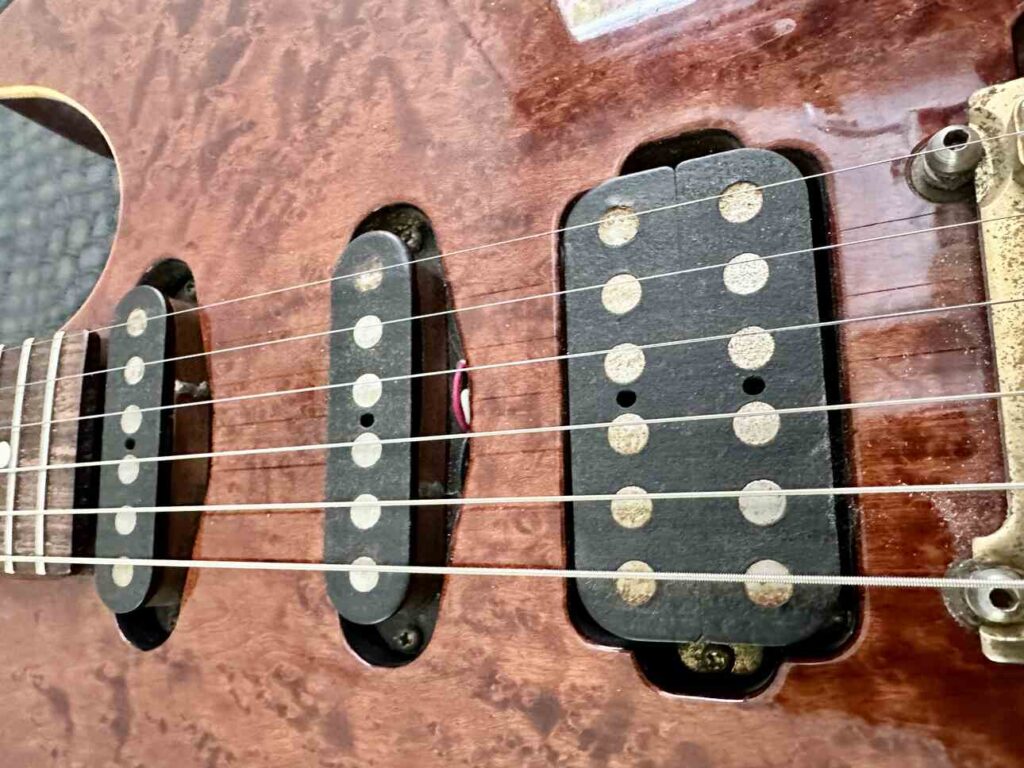
Guitar Pickup Maintenance and Upkeep
Regular Maintenance Effects
Take care of your pickups to maintain their sound quality. Regular cleaning helps your pickups continue to perform well.
To keep your guitar’s pickups in great condition, you can:
- Clean your pickups: Use a soft cloth to clean the pickups when you change your strings to prevent dust and dirt buildup.
- Check connections: Regularly check that the knobs, switches, and input jack are secure and functioning smoothly.
- Inspect for rust: Look for any signs of rust on your pickups and address it promptly if you find any.
Upgrade and Replacement Options
If your guitar’s sound isn’t quite right, you might consider upgrading or replacing the pickups. New pickups can give your guitar a fresh sound and improve the tone.
When choosing new pickups, here’s what to consider:
- Compatibility: Make sure the new pickups will fit your guitar’s make and model;
- Tone: Try different pickups to find the sound that fits your style and preferences;
- Budget: Pickups come in various prices, so find something that fits your budget.
Frequently Asked Questions
Can the tone of guitar pickups improve over time?
The tone of guitar pickups can change over time, and some guitarists believe this change is an improvement.
Aging components may lead to a softer and richer sound that attracts many players. Vintage guitars with well-aged pickups are particularly prized for their unique tonal qualities.
What factors affect the aging of guitar pickups?
The aging of guitar pickups can be influenced by various elements, such as:
- Materials: The type of magnet (alnico, ceramic, etc.) and other materials used in the pickup’s construction can affect its age;
- Climate: High humidity and temperature swings can impact the components in pickups;
- Usage: How much and hard a guitar is played can contribute to pickup’ wear and physical changes;
- Magnetic Degradation: The magnets in pickups can weaken over time, affecting the sound;
- Corrosion: Metal parts can rust or corrode when exposed to moisture and oxygen, which might affect the tone.
Will my guitar’s sound change as the pickups get older?
Yes, the sound of your guitar can change as the pickups age. Older pickups can sometimes take on a warmer, mellow tone. But aging can have varied effects. Maintenance is key to ensuring any changes are positive.
How do aging pickups influence the character of a guitar’s sound?
Aging pickups can impact the character of a guitar’s sound through several mechanisms:
- Magnetic Decay: As the magnets weaken over time, the sound can become less aggressive and softer;
- Component Aging: The wearing down of wire coils and rust on metal parts can make a different sound. It’s often seen as deeper, richer in harmonics, or warmer than the sound of new pickups;
They can give the guitar a unique sound that some players think is more musical or attractive.
Are there any maintenance tips to preserve the quality of guitar pickups as they age?
Absolutely; here are some maintenance tips to help preserve the quality of your guitar pickups as they age:
- Keep your guitar in a place with a steady temperature and humidity to stop rust and damage;
- Clean your pickups with a soft, dry cloth. If necessary, gently wet the cloth with water or a gentle cleaner, but don’t let any liquid into the pickups;
- Keep it in a hard case when you’re not playing your guitar;
- If you live somewhere humid, use a dehumidifier or air conditioning to keep the humidity the same;
- Be careful when plugging in and unplugging cables from your guitar to avoid damaging the electronics or soldered parts;
- Check your pickups now and then for signs of damage, such as rust or loose wires, and fix any problems right away.

